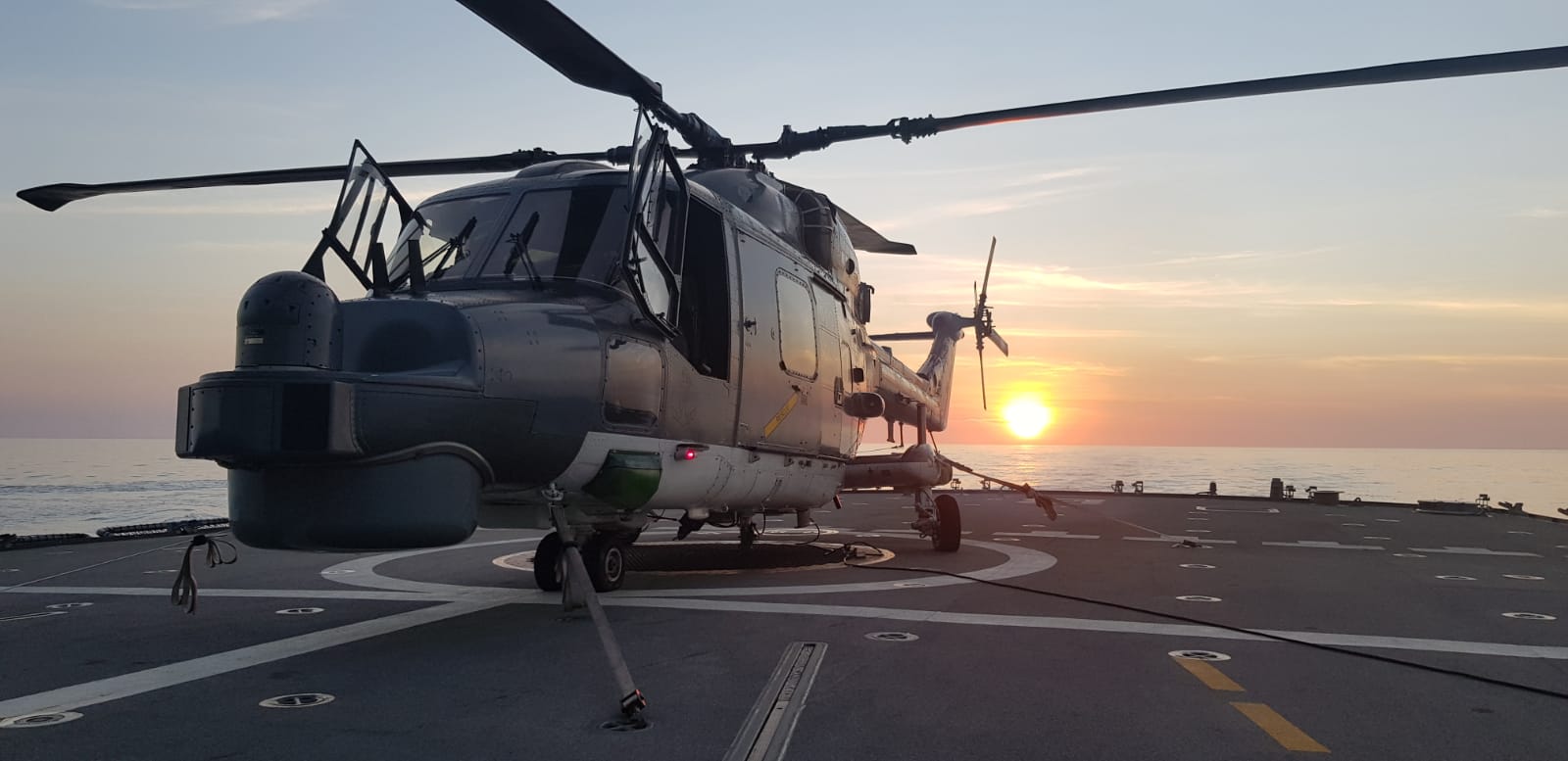Preparation vs Planning - the illusion of predictability
Preparation vs Planning - the illusion of predictability
Every Plan does not survive the first contact with reality. Does this sound familiar to you?
It was one of our golden rules we lived by when we prepared for a mission back when I was flying helicopters with the Navy. So why bother planning when it all goes down the drain once you hit reality, one could think. And it´s true, planning is something most teams and organizations do these days over and over and yet they seem to be always behind the market's demands and dynamics. “We just need to plan better” I always hear when talking to the teams and leaders as if with more thorough and detailed planning they would be able to predict what was coming. They cannot! They simply overplan, investing more time and energy into a planning that is overdue before it hits reality and with this they lose all ability to act with flexibility to the surprises that will come along.
We had a saying which boils it down: proper
preparation prevents piss poor performance
Now, obviously we did do some planning as part of our mission preps. Some boundaries are simply implied by physics and mission objectives such as fuel and hence duration of flight, or the mission area, or the weather conditions and thus they are predictable. These are things we did plan and account for. But we did not plan every single detail, did not try to predict what would happen during the mission. Too complex were the scenarios and we did not have, unfortunately, the gift of foresight. We didn't become obsessive about planning. Our planning gave us a sound level of structure in which we could act and react to exactly those things which were unforeseeable. And a mission in an environment where and did our jobs indeed held a lot of these unforeseeable upcomings.
We spend ten times as much on preparing than planning. Knowing our stuff, procedures, our gear, the mission details, weapons, sensors, systems, our helicopter, etc.. We studied the tactical situation and the predicted weather and its implications to mission execution. We had thorough situational awareness.
Why? Because we were "working" in a high dynamic environment or scenario.
High dynamic environments require, yes they demand, two things: adaptability and flexibility.
Planning requires knowledge of what the customer will do, the market is going to look like or the competitor will do, tomorrow, next week, in a year or in 5 years from now.
No one has this knowledge.
Today´s markets have become complex and extremely dynamic, new innovations emerge almost every day, competitors come up with new solutions for customer requirements and solve customer problems in less time at lower cost. New competitors enter the market exerting additional pressure on the established companies. All this requires fast, adaptable and flexible organizations which are prepared and not overplanned. Before you replan, the competitor might have solved the customer problem already and you are back to square one.
Without the knowledge, the plan, the projection will fail because it is just never right. So in the absence of predictability, as it is in the high dynamic markets of today, the only thing you can do is to prepare, stay flexible and adapt to the unforeseen things that arise.
We prepared every day, every hour of our life as aviators to be ready when things were about to get rough. The aircraft were ready all the time, maintained, serviced and fueled. We didn't have to get ready when the mission alarm went off. We were ready because we prepared.
We prepared and thus stayed ahead of the game. It was simply impossible to plan a mission of that kind. Too complex and unpredictable. Predictability was absent, hence we had to be prepared then planned.
Planning requires predictability = knowledge of the future.
Today´s markets seem to be similar, complex, highly dynamic, unpredictable and fast moving. Every plan, every projection you do is based on assumptions. But what if the world is developing differently? What if competitors are not doing what the projections predict? What if customers behave differently than you assumed? All your assumptions are wrong. Your plan is wrong. It would only be possible to maintain the plan if the world would come to a standstill. Which, I believe, is not going to happen.
To stay ahead of the game, be prepared and don't overplan, be dynamic, flexible and fast.
Stop overplanning and start getting prepared! Make your teams, leaders and your organization as dynamic as possible and let them prepare as much as they can.
And remember, proper preparation prevents piss poor performance
In one of the next articles I´ll go into why strategy is not about planning, stay tuned.



